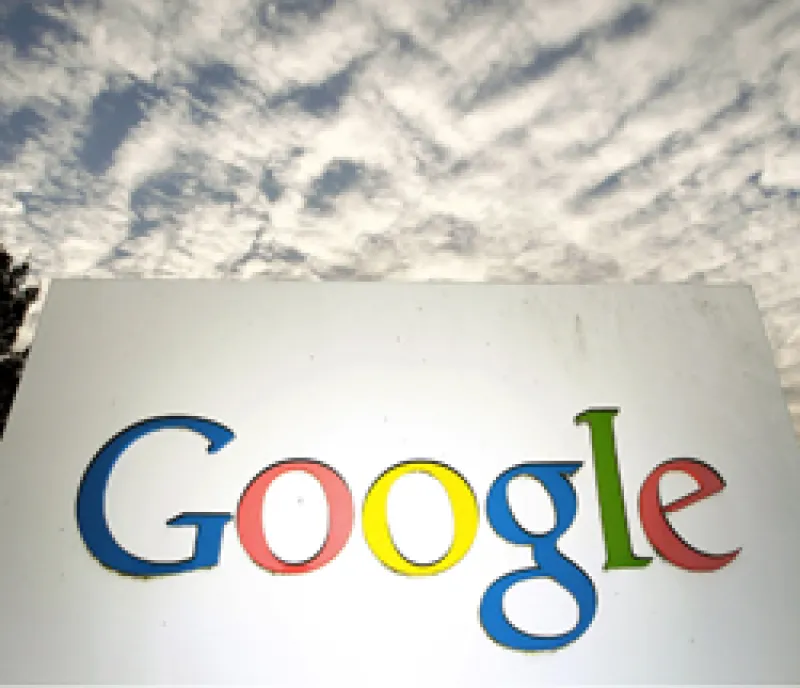Google, the company that is also a verb, has grown so big, ubiquitous and powerful that it can stir complicated and contradictory emotions: love and hate, awe and fear, admiration and envy. Google rules the Silicon Valley roost, dominating the search engine market and selling more Internet advertising than anybody. It also riles privacy advocates, tangles with governments and thumbs its nose at authority and conventional wisdom.
Though it is fair to criticize — and, when appropriate, regulate or rein in — excessive market power or strategic overreach, Google deserves more love than it has been getting. In a period of constrained economic growth that cries out for bold, long-term investing and calculated risk-taking, the world could use a lot more of what Google is serving up.
In just its 14th year of operation, seven years since its era-defining IPO, Google is a gangly corporate adolescent. Although big enough to belong in the Fortune 500 (at No. 92, with $29.3 billion in 2010 revenue), it is still capable of insouciant rebellion. And its leadership prefers to reinforce the latter.
Concerned it was losing that youthful mojo while Facebook and Twitter were ascendant, Google announced a management shuffle in January. Veteran technology industry executive Eric Schmidt, Google’s CEO since 2001, was designated executive chairman. Co-founder Larry Page, who had been president of products, became CEO.
Three months later, when Page officially took the helm, the Mountain View, California–based company reported first-quarter results. They included a 27 percent year-over-year rise in revenue, to $8.6 billion. CFO Patrick Pichette proclaimed it a “great quarter.” He added, “It’s clear that our past investments have been crucial to our success today, which is why we continue to invest for the long term.”
But net income was off 8 percent, to $1.8 billion. Operating expenses, at $2.84 billion, were a full $1 billion higher than they were a year earlier. A restatement in May raised the expense figure to $3.34 billion, or 39 percent of revenue. The causes? Salaries and investments in new products — Page’s babies.
Analysts and investors were none too pleased with either the numbers or the fact that Page made only a brief, perfunctory appearance on the April 14 earnings call with CFO Pichette. The next day, Google’s shares fell $47.81, to $530.70, and they have since drifted below $500.
The disconnect between Google’s long horizon and stockholders’ insistence on a near-term payback could hardly have been more stark. As is often the case, the long view tends to get short shrift.
“Wall Street is often a terrible influence on companies,” Henry Blodget, the onetime Merrill Lynch & Co. technology analyst who has found a new life and credibility as a blogger (businessinsider.com), wrote in Google’s defense. “Larry Page may be doing exactly the right thing: Focusing on Google and Google’s products and users instead of on Wall Street.
”Now that Google is more established, Page and his peers face more of a battle. They are determined not to suffer the fate of the faded America Online brand or even Microsoft Corp. (which is still twice Google’s size in terms of revenue). They want to remain a dominant new-media force through what Jeff Jarvis, a City University of New York journalism professor and author of the 2009 book What Would Google Do?, describes as a platform strategy: inviting and enabling developers and entrepreneurs “to create products, businesses, communities and networks of their own,” which in turn generate more and more business for Google, its brand and its products. The strategy has worked so far. But the investment returns may not bring instant gratification.
Google’s long-term commitments take forms other than core product and system development. It funds university research in engineering and computer science. Its Google Ventures fund places some $100 million a year with “ambitious, bold, passionate entrepreneurs who are as excited about building disruptive companies as we are,” says its web site. In recent months, Google has announced the acquisition of privately held Admeld to bolster its display advertising business; a $55 million wind power investment in California; and the launch of Google Wallet, which turns a mobile phone into a payment device. It has also agreed to buy 6,000 patents from bankrupt Nortel Networks Corp., prompting a complaint from none other than Microsoft that Google would gain an “unfair competitive advantage.” Battle on. • •
Jeffrey Kutler is editor-in-chief of ??Risk Professional magazine, published by the Global Association of Risk Professionals.






